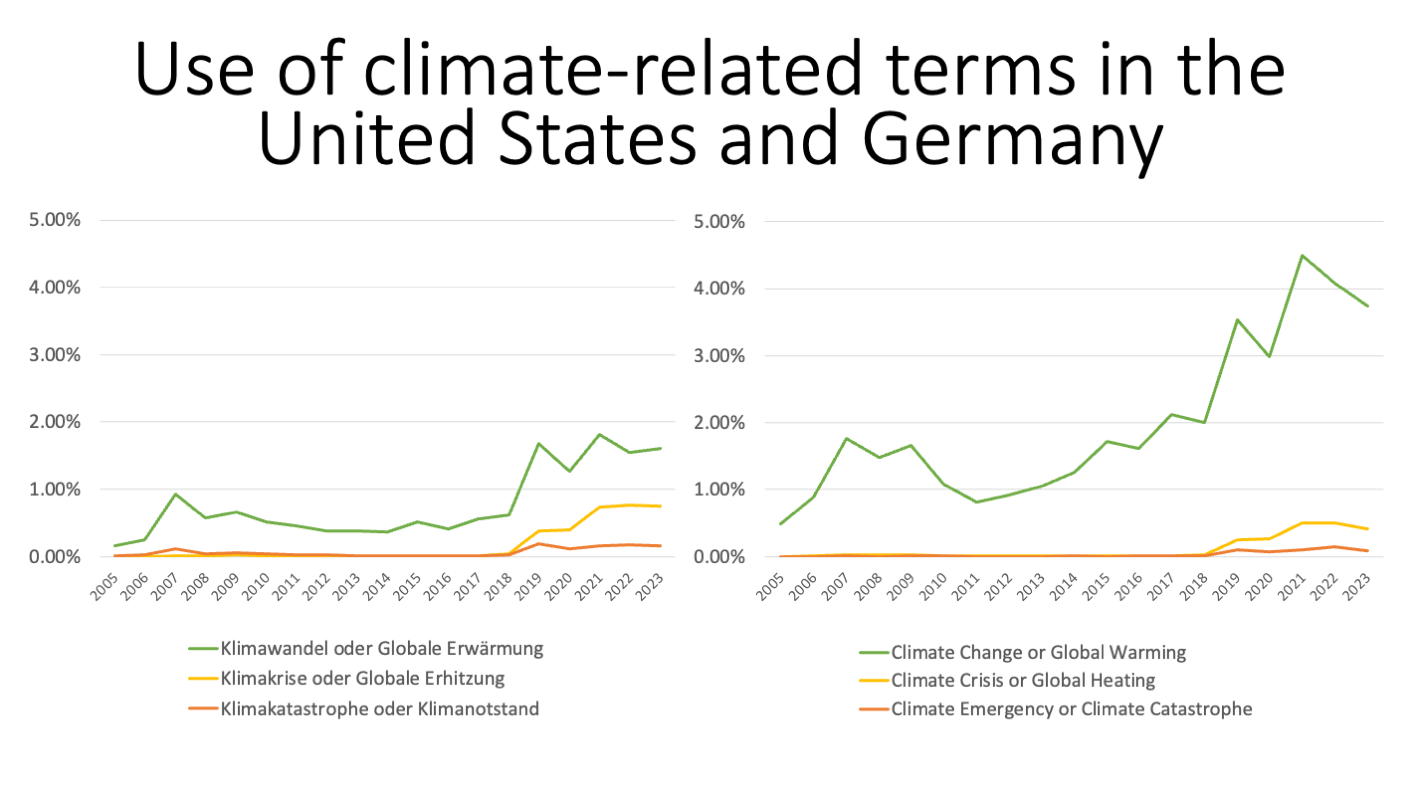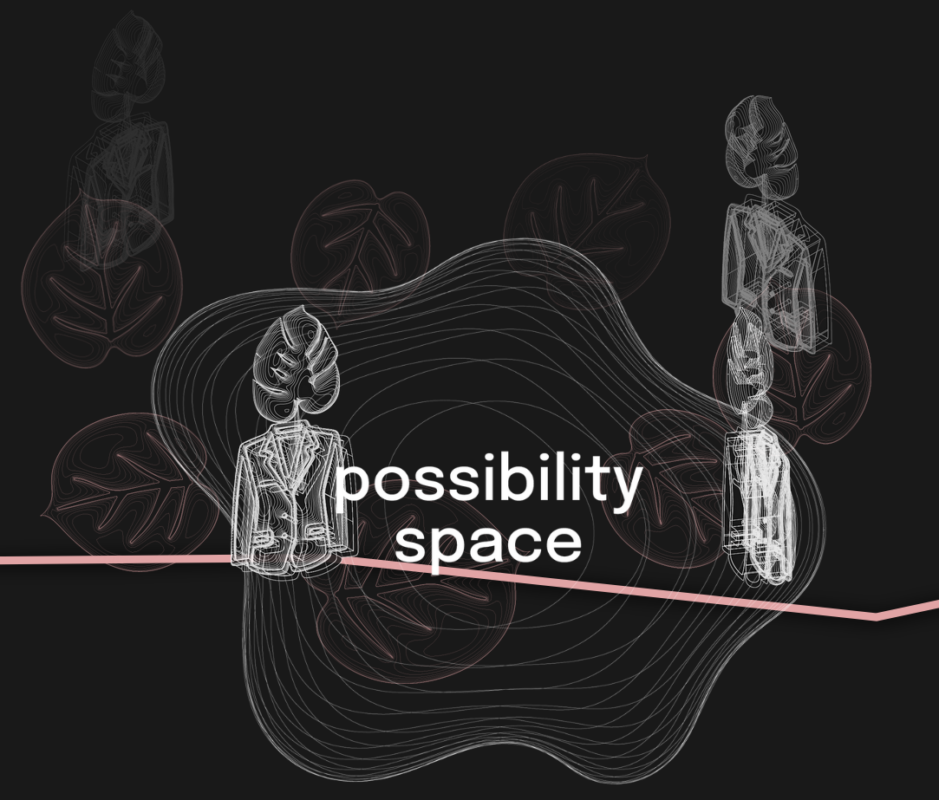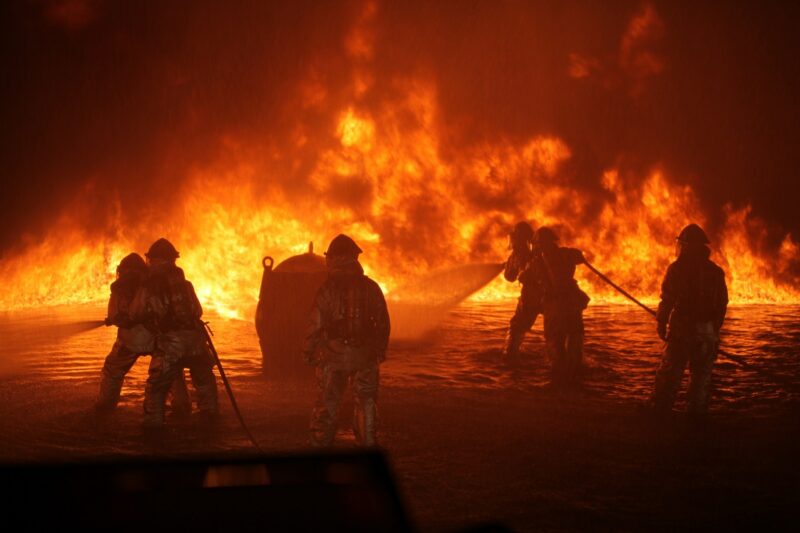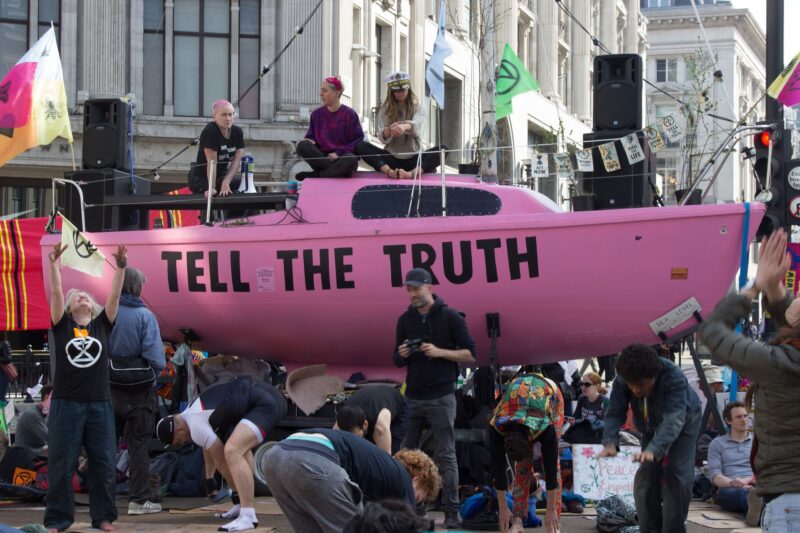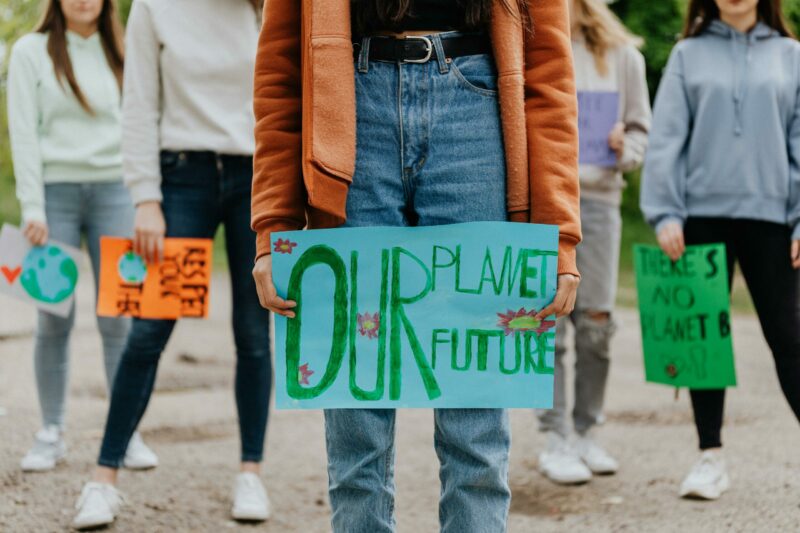
von Anne Reif und Michael Brüggemann
Die aktuellen Ergebnisse einer seit 2015 wiederholten Befragung der deutschen Bevölkerung zum Thema Klimawandel und Klimapolitik zeigt für 2023 einen Rückgang des Klimabewusstseins. Leugnung und Verweigerung sowie Delegitimierung von Klimapolitik und Protesten sind gestiegen bei weiterhin geringem Hintergrundwissen.
Ende 2023 fand die 28. Klimakonferenz der Vereinten Nationen statt, bei der eine Bestandsaufnahme der erreichten Ziele seit dem Pariser Klimaabkommen (2015) und der Ausstieg aus fossilen Brennstoffen diskutiert wurden. Unter der Leitung einer Konferenzpräsidentschaft mit engen Bindungen an die Ölindustrie wurde kein Ausstieg, aber immerhin eine Abkehr von Kohle, Gas und Öl beschlossen. In Deutschland war die Stimmung rund um Klimaschutz und Klimapolitik zu diesem Zeitpunkt sehr aufgeheizt durch Debatten um die Protestaktionen der „Letzten Generation“ und die Neuerungen im Gebäudeenergiegesetz.
Vor diesem Hintergrund befragten wir im Projekt Down2Earth der Universität Hamburg ca. 1000 Personen in Deutschland zur Wahrnehmung von Klimawandel, Klimapolitik und der betreffenden Medienberichterstattung. Die Umfrage haben wir bereits zum fünften Mal während einer UN-Klimakonferenz erhoben (erstmals in 2015) mit dem Ziel, mögliche Veränderungen in der deutschen Bevölkerung zu dokumentieren und zu erklären.

